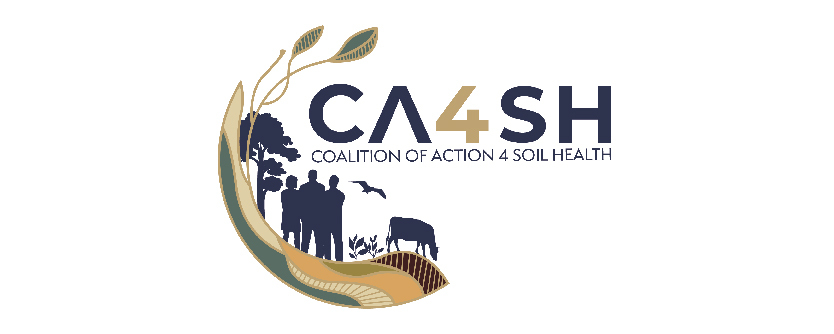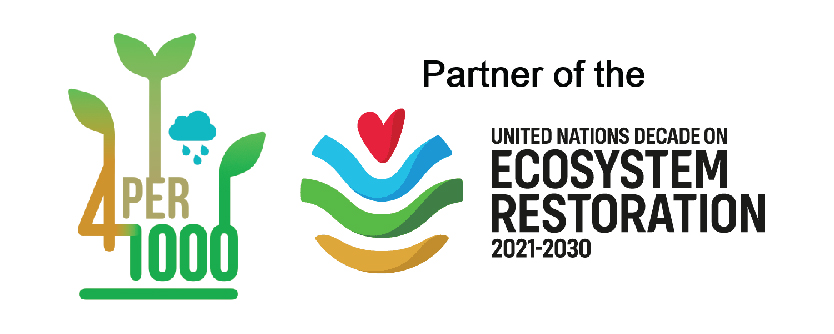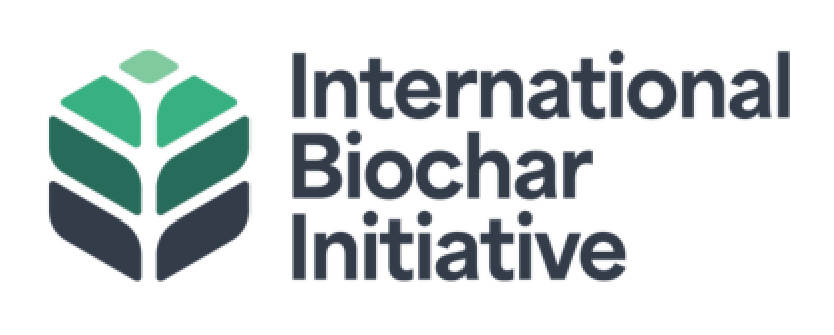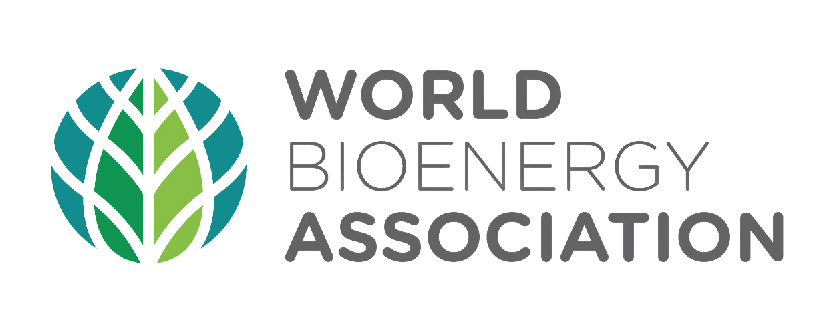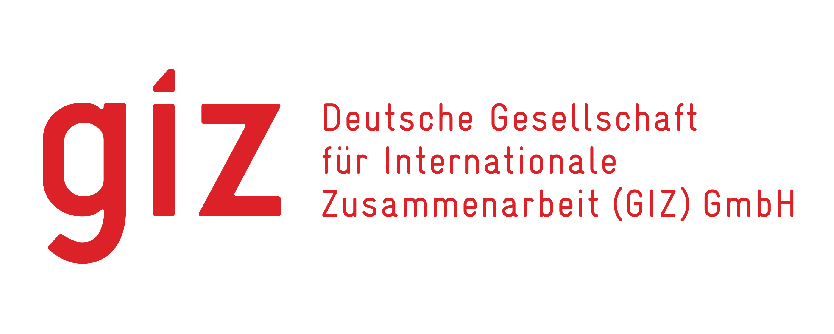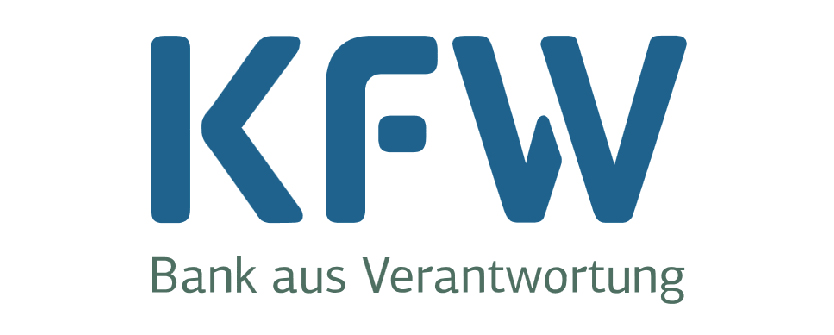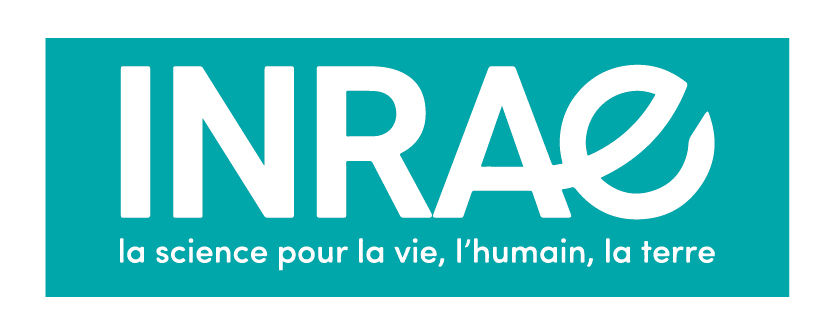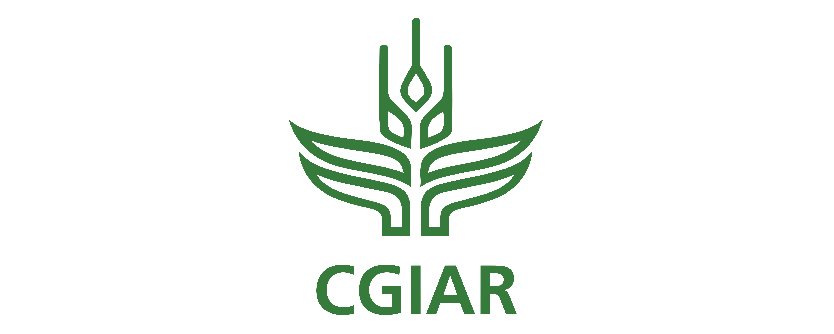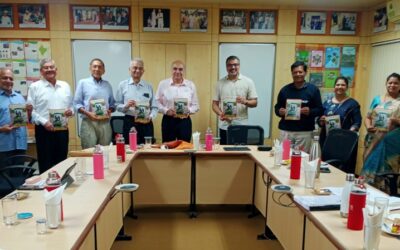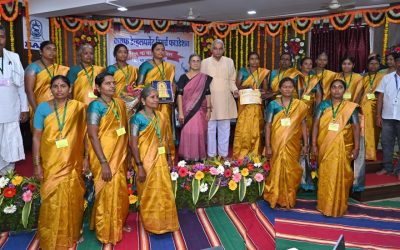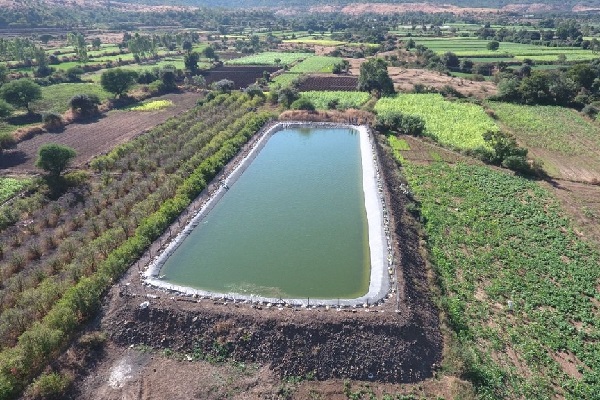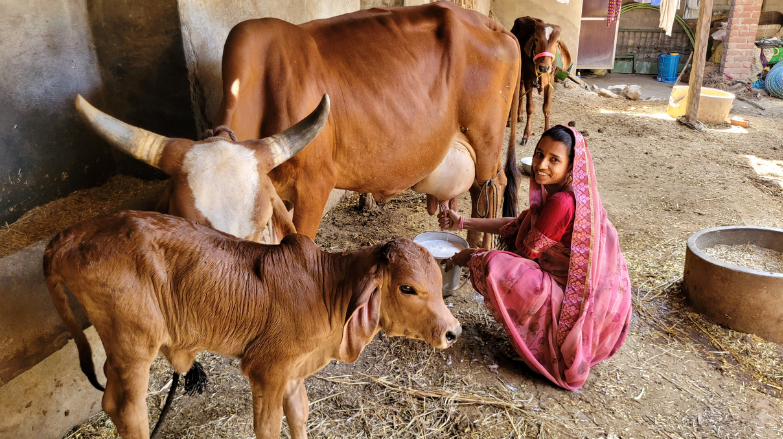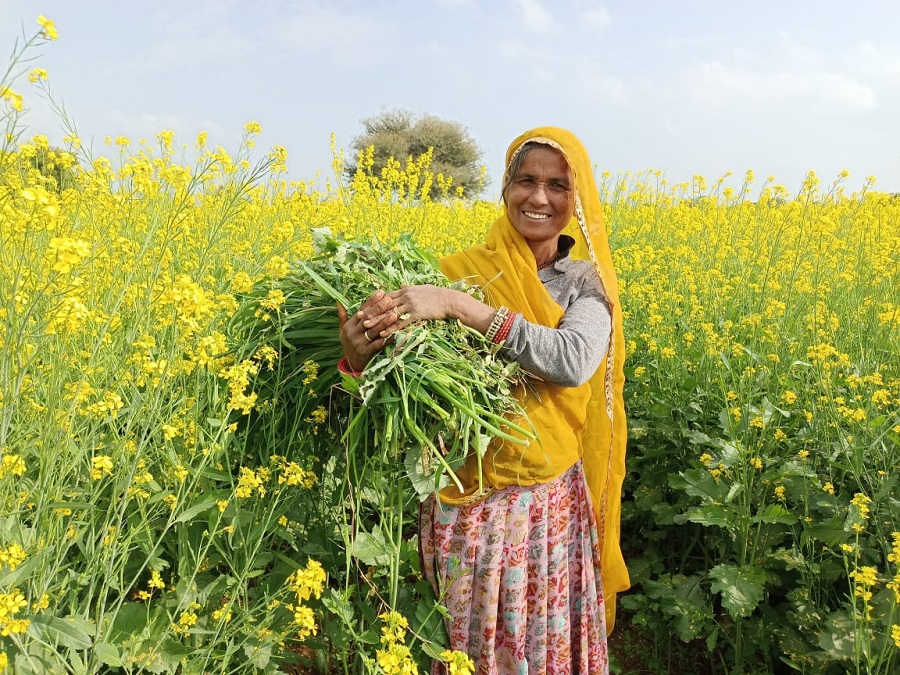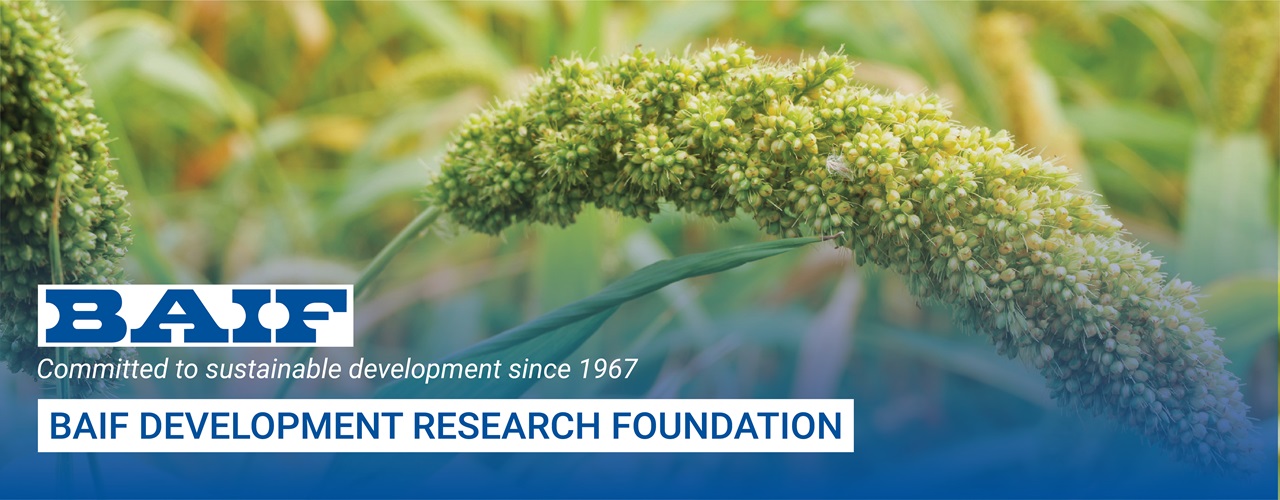
Outreach
States
Total Districts including 69 Aspirational Districts
Villages
Million families
BAIF STRATEGIC PLAN 2030
Programme Verticals and Impact
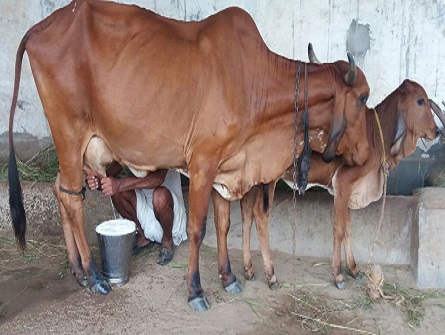
Livestock-based Livelihoods
32,94,436 (cum. 81,70,192) families from 104,986 villages, 351 districts in 13 states have improved their livelihood; Methane emission reduced by 17 to 20 %.
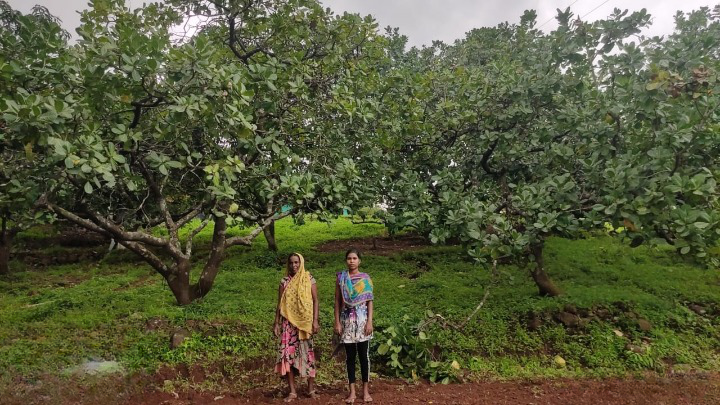
Farm-based Livelihoods
2,828 (cum.96,203) ha; 7,625 (cum. 241,063) tribal and poor families; 376 (cum.7,756) villages from 13 states; Carbon sequestered: 2.2 million tons.
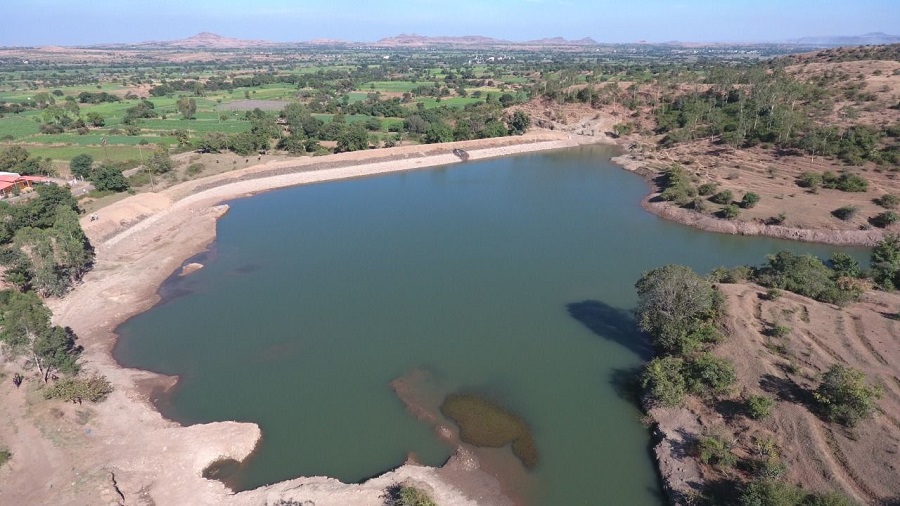
Water-centric Livelihoods
28 (cum. 843) watersheds,14,635 (cum. 401,336) ha; 18,767 (cum. 322,705) families in 221 (cum. 2115) villages in 15 states; Estimated carbon sequestered / offset: 19,112 tCO2e during the year 2024-25 (cum. 405,813 tCO2e).
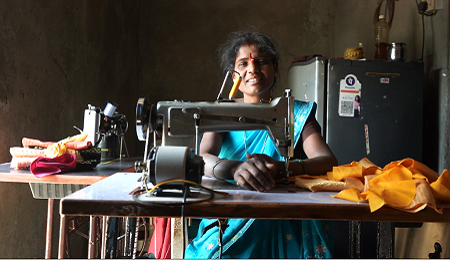
Rural Non-Farm Sector
28,617 families from 13 states; 955 Rural Entrepreneurs.

Convergence of mainstream programmes for holistic development of 11,075 families (cum. 34,520 since 2020) from 37 (cum. 321 since 2020) villages of 11 states.

585,780 rural and tribal women, 400 digital sakhis, 789 SHGs with 9,468 members in 10 states.

191,083 households have access to safe drinking water, improved nutrition and a cleaner environment through suitable WASH initiatives in 14 states.
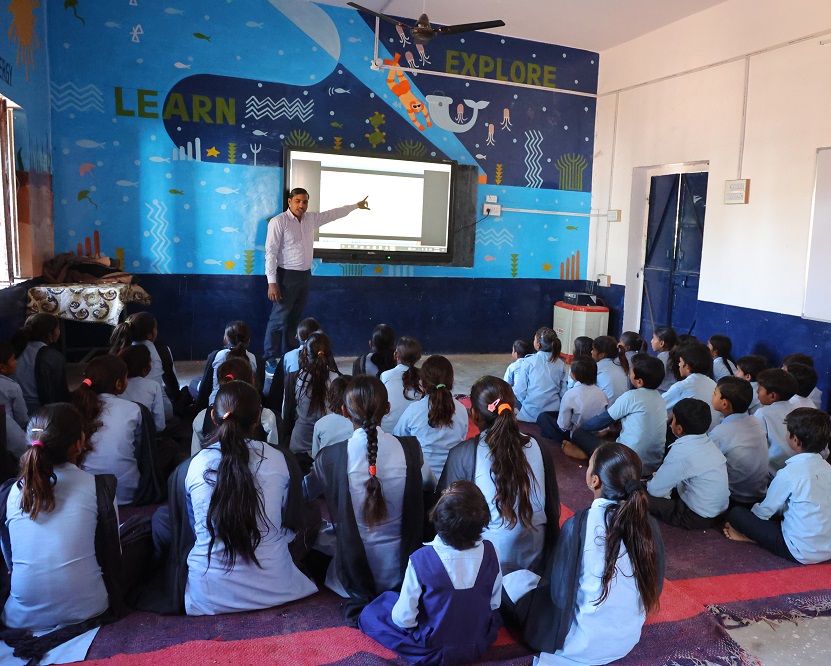
Education
214,335 (cum. 282,163) children from 248 (cum. 813) schools in 12 states were benefitted during the year 2024-25.
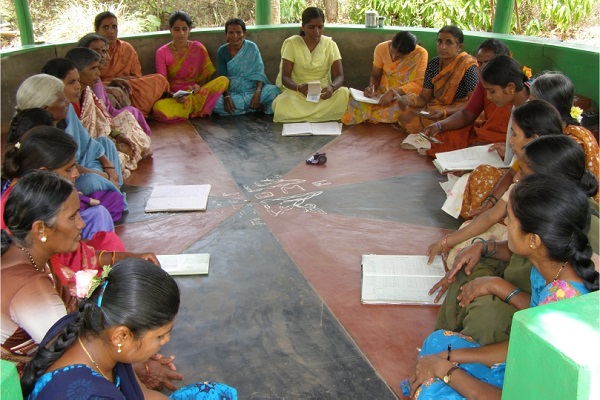
Capacity Building
Capacity enhancement of 1,150 employees through 217 training programmes; 147,924 farmers trained in Livestock Development, NRM and Farm-based Livelihoods.
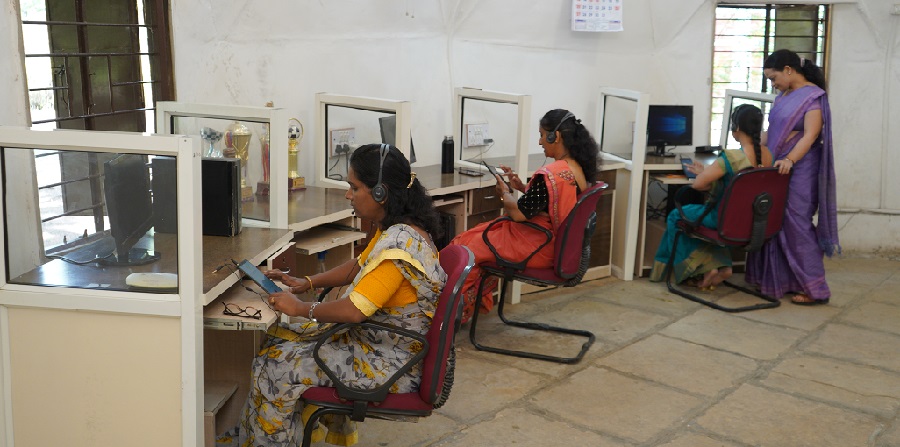
Information and Communications Technology
200,000 farmers accessed information across 5 states; 141 eDosts; More than 65 online e-learning modules on LMS platform; Enterprise Resource Planning through TCS iON; Digital Project Management System.

Climate Change Adaptation, Mitigation and Climate-Smart Agriculture
563,768 vulnerable households; 1894 villages in 14 States; Climate-Resilient and Smart Agriculture; Climate proofing interventions.
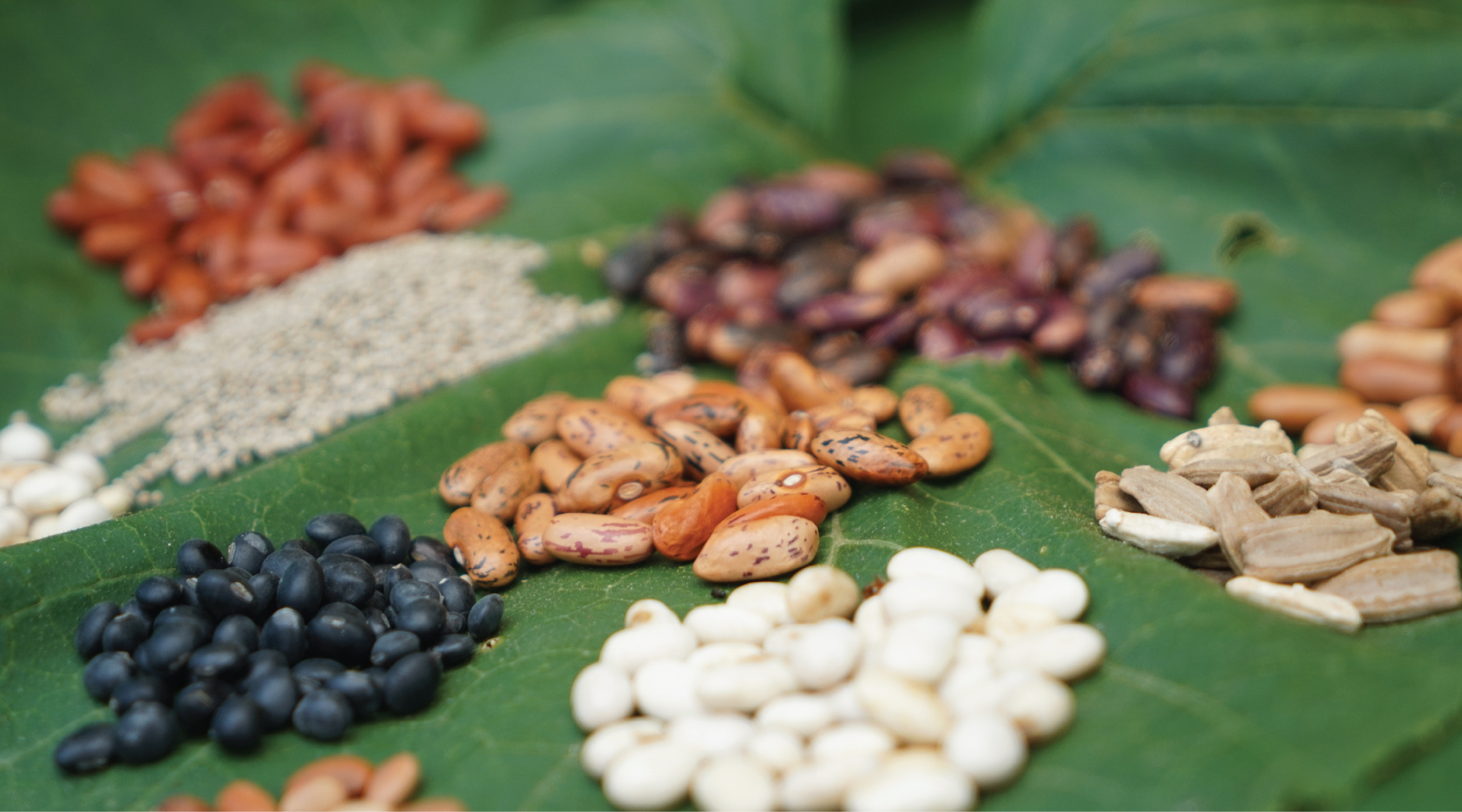
Agrobiodiversity Conservation
3,552 farmers from 75 villages across 10 clusters in Maharashtra, Gujarat and Odisha engaged in conservation, seed production and upscaling of worthy landraces through seed saver groups.

Nature-based Solutions
BAIF has adopted suitable nature-based practices in agriculture for addressing livelihood opportunities as well as for enriching the local ecosystems. This is aimed at nature conservation through suitable community-based initiatives for addressing climate change.
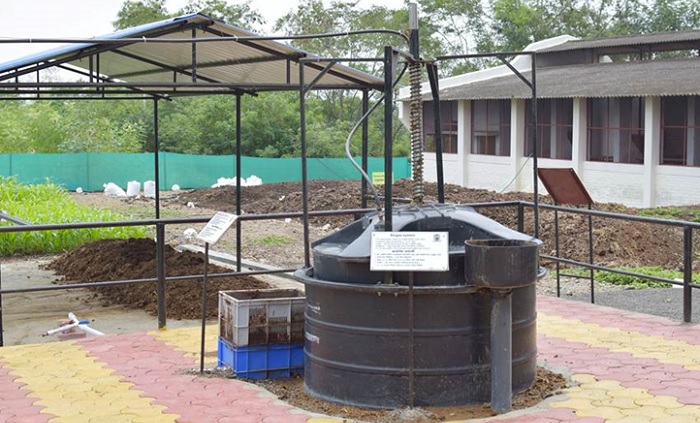
Renewable Energy
519 solar pumps and 46 community solar lift schemes installed; 48 solar-powered enterprises; Two solar-powered digital schools, Six solar vegetable carts; More than 700 solar pumps of various capacities installed; 1,470 solar street lamps installed; 1,515 biogas units promoted at household level.
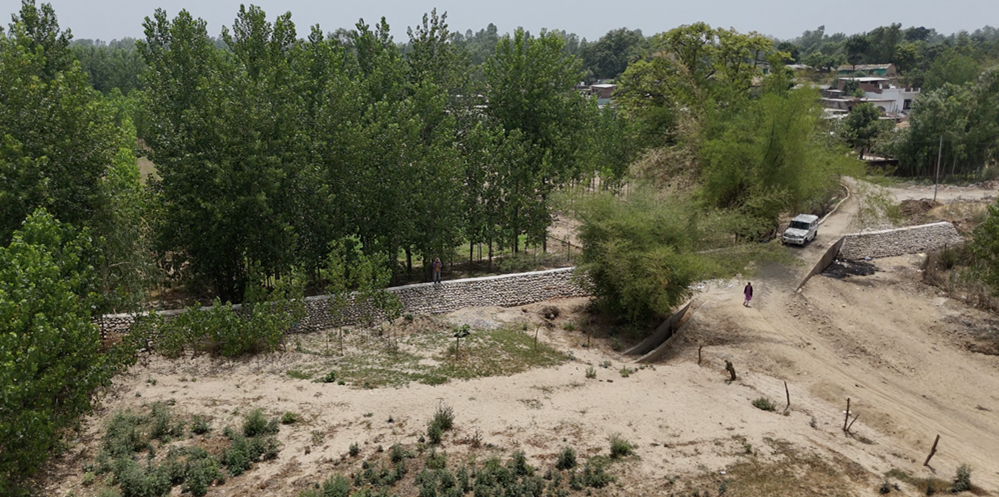
Disaster Relief and Rehabilitation
BAIF has instituted a Disaster Management Fund to provide immediate relief measures to families affected by natural calamities in its operational areas across the country. Technical Institute of the National Disaster Management Authority for drought mitigation in Uttar Pradesh and Gujarat.
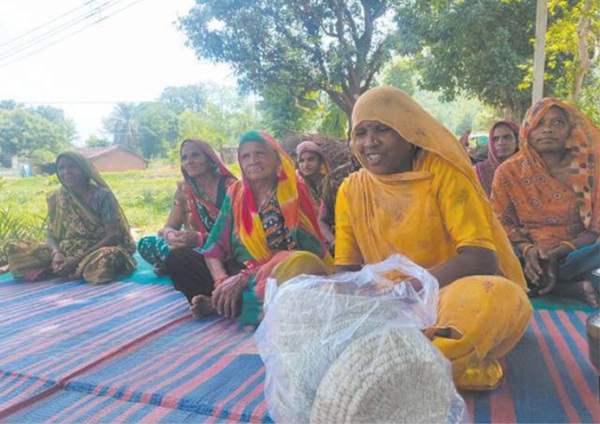
Entrepreneurship as the core strategy for rural transformation; Promotion of Farmer Producer Organisations, support for women and youth-led enterprises and strategic partnerships with startups; BAIF Incubation Centre to mentor startups for rural innovation.

Central Research Station
The Central Research Station (CRS) at Uruli Kanchan, Pune spread over 227 hectare, is the Technology Development Centre of BAIF. Promotion of cutting edge technologies and conservation of indigenous breeds.
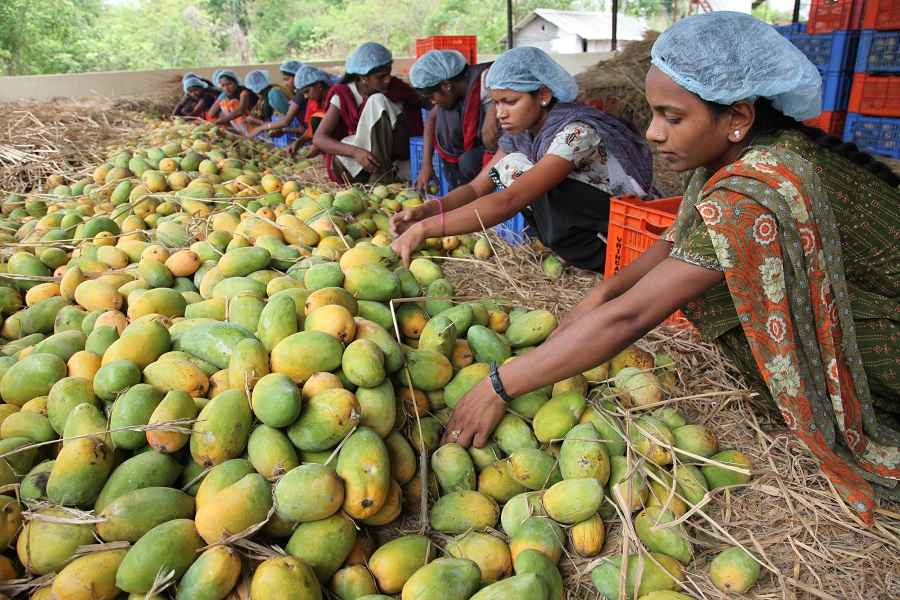
40,000 wadi farmers and 58 producer organisations; In 7 states; 54 FPOs; 61 Agri Business Centres; Two Cattle Breeders Welfare Associations for value chain development and programme sustainbability.
Significant Events
BAIF Journal Released
September 13, 2025: The BAIF Journal, a quarterly publication, has been a strategic tool for communication and sustainable development since the...
BAIF celebrates its 59th Foundation Day
Best Self Help Group in BAIF's Programme from KarnatakaAug 24, 2025: BAIF team represents mini-India, stated Ramon Magsaysay and Padma Shree...
Independence Day celebrated at BAIF
Aug 15, 2025: The 79th Independence Day of our great motherland and its entry into the 80th year of independence, was celebrated with patriotic...
BAIF Vision 2030
The strategy for achieving the goals will be empowerment and skilling of the local people, building social capital and collaborations with national and international science and technology institutions.




